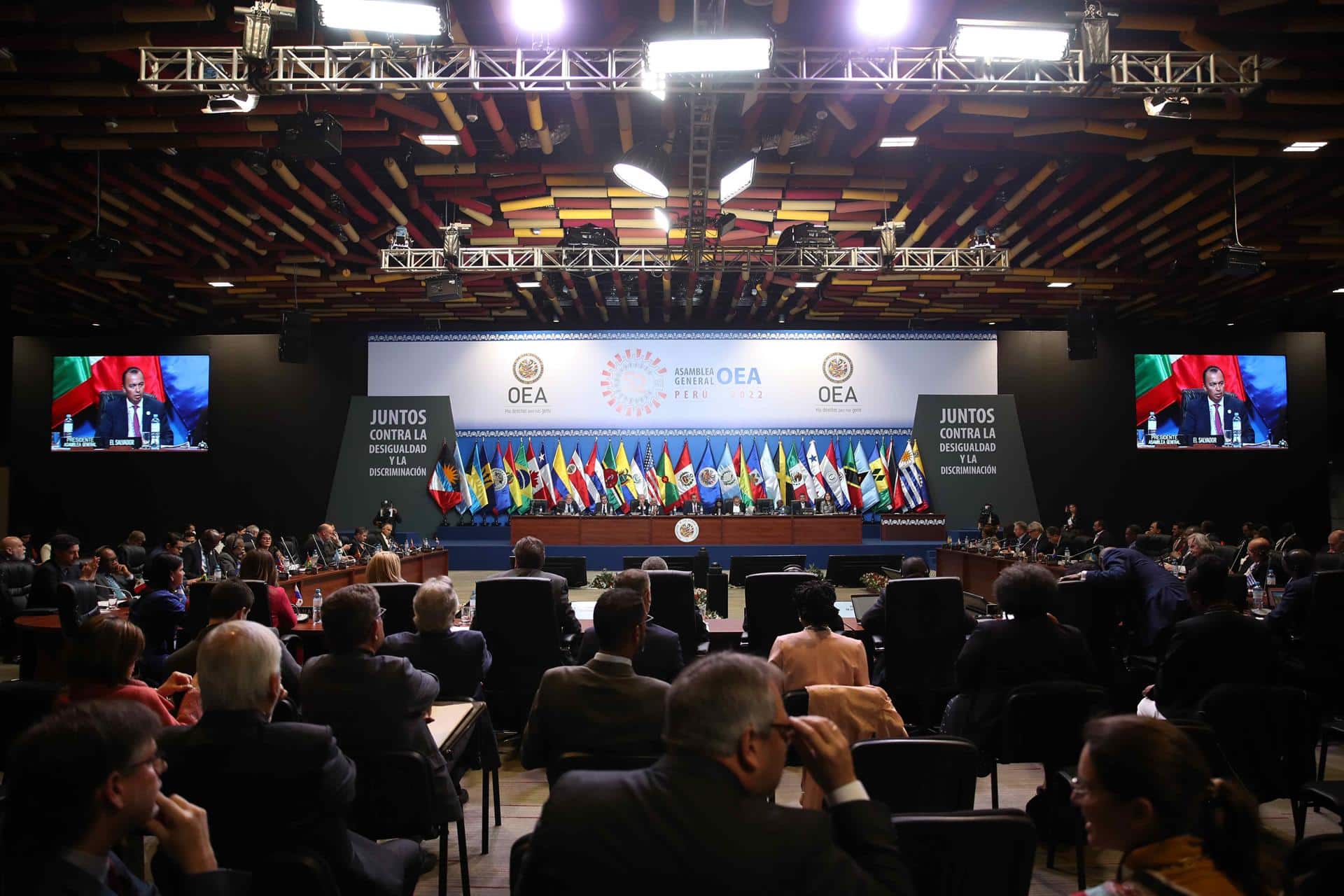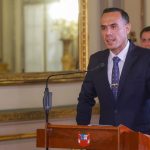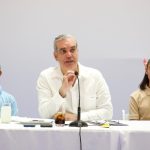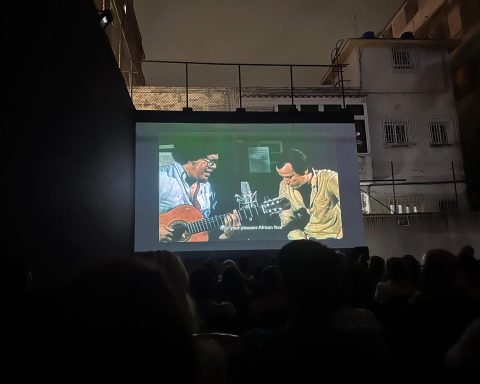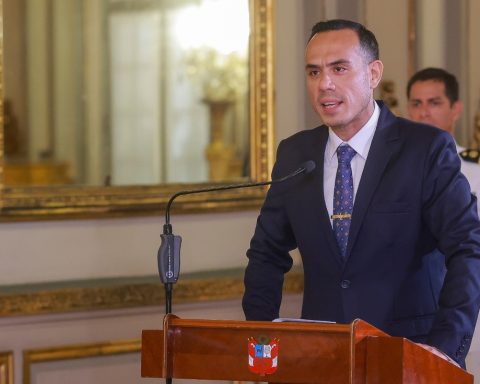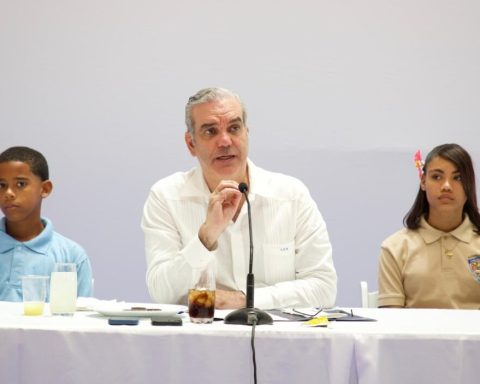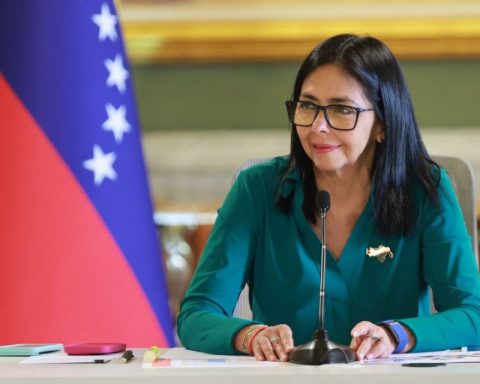The approval by acclamation a a resolution on Nicaragua during the 52nd General Assembly of the Organization of American States (OAS), last Friday, October 7 in Lima, Peru, is perceived by national analysts as a regimen isolation sign of Daniel Ortega and Rosario Murillo by the international community.
The resolution that sues the dictatorship release “immediately all political prisoners” and “stop the repression and arbitrary detention of the leaders of the Catholic Church”, was approved unanimously by the 32 delegations present at the regional meeting, although the delegations of Honduras, El Salvador and Saint Vincent and the Grenadines requested the addition of three footnotes.
Countries like Mexico and Argentina, who refused to condemn the Nicaraguan regime in international forums, have stopped claiming self-determination on the violation of human rights in Nicaraguasince “Ortega exceeded the limits that could be overcome, which are more lax limits than those that Nicaraguans have, but he no longer has those friendships in the hemisphere,” valued the former Liberal deputy, Eliseo Núñez.
The effects of this unanimous support in the OAS will be seen “medium term”Nunez considered. The inter-American system does not have “any tool that allows the use of force.” But if you start to cool business relations The Ortega regime will have to face “many obstacles” for the approval of loans in organizations such as the World Bank and the Inter-American Development Bank, where “these countries have directors,” he added.
A new attempt at dialogue
In the context of the OAS General Assembly, it was also promoted by the delegations of Chile, Canada, the United States and Costa Rica; an initiative to do more dialogue efforts with the regime from Nicaragua.
The Minister of Foreign Affairs of Chile, Antonia Urrejolapointed out during his speech at the General Assembly, this Friday, October 7, that the initiative entitled “The political and human rights crisis in Nicaragua” takes up the proposal create a high-level commission with the mandate to offer the Government of Nicaragua a space to discuss all pertinent issues.
?? We salute the contribution of the Minister of #Chili @UrrejolaRREE that
led a meeting together with Secretary of State for #USA Antony Blinken and the Under Secretary for the Americas of #Canada Michael Grant, to advocate for the cessation of human rights violations in Nicaragua. pic.twitter.com/xylzD81rgp— Cenidh (@cenidh) October 7, 2022
Urrejola, who knows the situation in Nicaragua closely and who served as president of the Inter-American Commission on Human Rights (IACHR), described the situation in Nicaragua as one of the “most acute regional crises.”
“We want to call the attention on the most acute regional crisesstarting with Nicaragua and the progressive increase in people arbitrarily deprived of liberty for their ideas, the closure of media outlets, the cancellation of civil organizations, the persecution of members of the Catholic Church, journalists, and human rights defenders,” he stressed. Urrejola.
For former deputy Núñez, the creation of this high-level commission is “something positive”, because “if Ortega accepts it and there is a welcome negotiationbecause there are possibilities that the prisoners will come out and opening, because that is what you are going to ask him, and if Ortega does not accept it, he simply puts a clear signature that he does not want to negotiate with anyone,” he said.
Unanimity in condemnation
Meanwhile, the former Nicaraguan ambassador to the OAS, Arturo McFields, who publicly rebelled against the Ortega regime, celebrated the way in which the resolution on Nicaragua was approved, something he recalled had not been seen “since 2018”, when the regime brutally repressed the massive protests against him, leaving a trail of more than 350 dead, a thousand political prisoners and more than 100,000 Nicaraguans in exile.
The resolution was approved “more than unanimously, by acclamation, there was no need to put it to a vote,” McFields said. Although “El Salvador, Honduras and Saint Vincent and the Grenadines were not very satisfied and sent footnotes expressing these concerns… but it is a day of victory because the dictatorship received a heavy blow,” he continued.
The former ambassador recalled that this week the Argentine justice opened an investigation against Ortega and high-ranking officials of his regime for committing crimes against humanity. Also, the Inter-American Court of Human Rights (IA Court) demanding this week the immediate release of 45 prisoners of conscience.
“It is a victory for the Nicaraguan people. Does Ortega leave tomorrow? No, because a 15-year dictatorship is not gone in 15 minutes, but we are winning, we are moving forward, and the dictatorship is not going to last forever,” McFields said.
Núñez, for his part, emphasized that “today you find an Ortega that is much more isolated, more fissured, but he still has the capacity to hold on.” However, he warns, “if this isolation that you are currently seeing does not cease, Ortega is going to end up with the money from the loans that he currently has and he will not have anywhere to obtain it” to support himself in the medium term.
